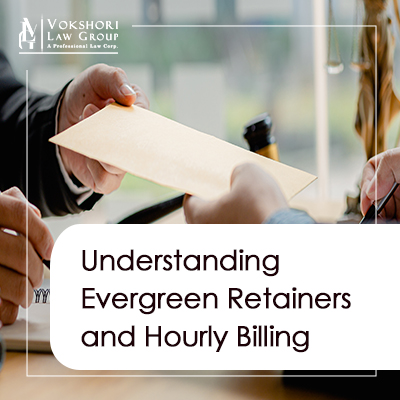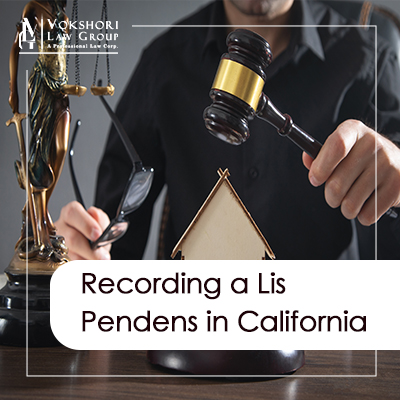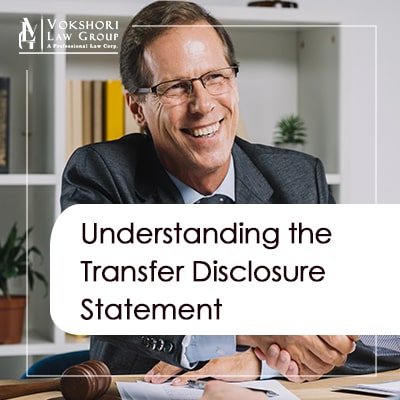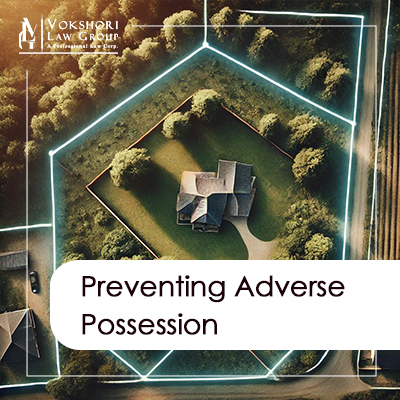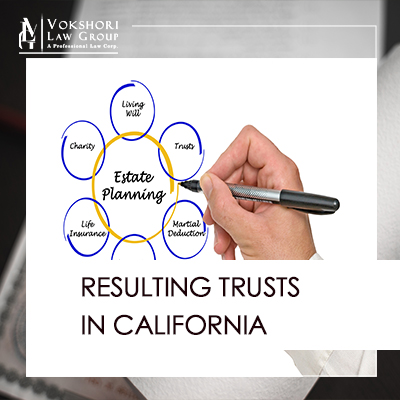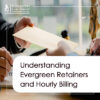
Entering into litigation can be overwhelming, especially if it’s your first time navigating the legal system. One of the initial steps in a lawsuit is the Case Management Conference (CMC). If you’ve recently been informed about an upcoming CMC in your litigation matter, this guide is here to help you understand what it entails and how it affects your case.
What is a Case Management Conference (CMC)?
A Case Management Conference is a hearing scheduled by the court shortly after a lawsuit has been filed. Its primary purpose is to help the court manage the case efficiently by discussing:
- The status of pleadings and whether any amendments are needed.
- Jurisdiction and venue challenges.
- Discovery schedules and motions.
- Settlement options or alternative dispute resolution methods.
- Any other matters that may facilitate
Posted In:




